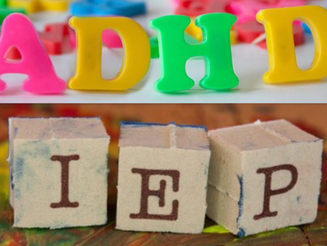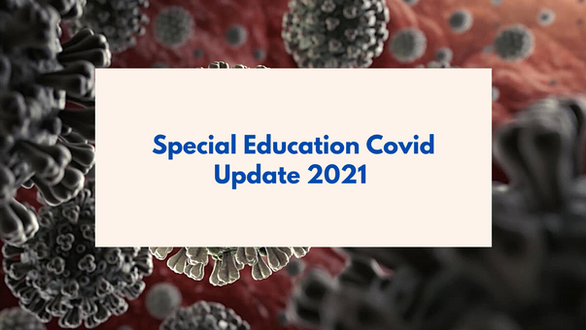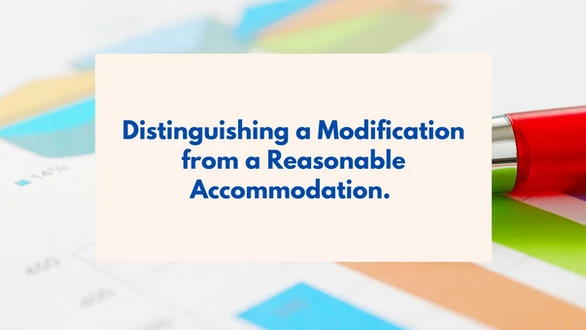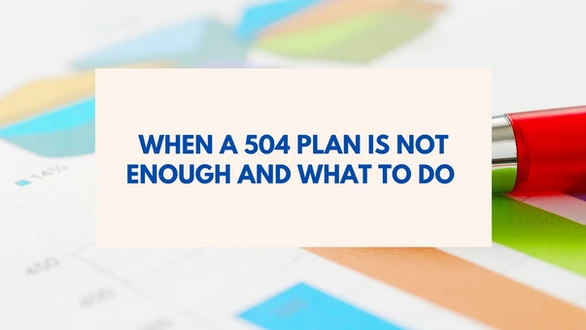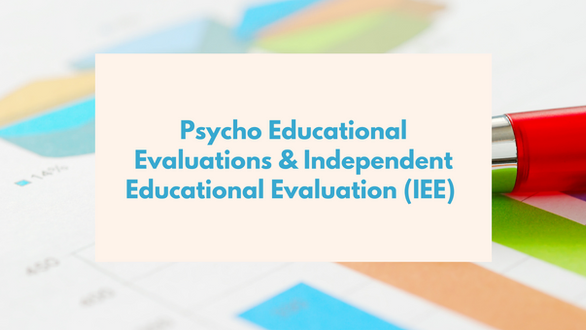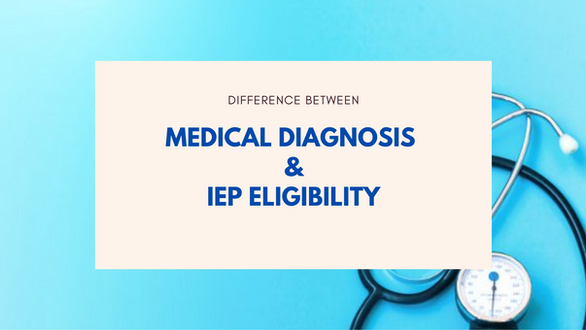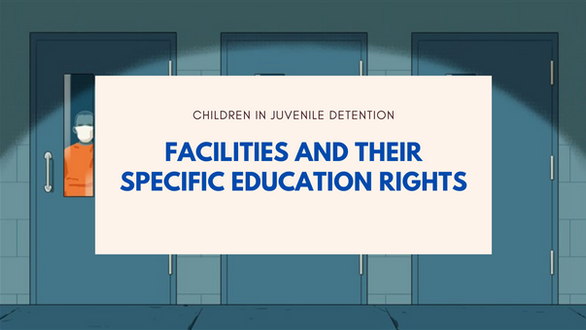The National Institute of Health (NIH) recognizes Attention Deficit Hyperactivity Disorder (ADHD) as “one of the most common mental disorders among children and adolescents.”(1) ADHD symptoms defined by the NIH include difficulty staying focused and paying attention, difficulty controlling behavior, and very high activity levels. Understandably, students with this disorder encounter a lot of issues getting through school, and are thus eligible for certain interventions as mandated by the Individuals with Disabilities Education Act (IDEA) and Section 504 of the Rehabilitation Act of 1973. Public schools are required to identify students with such disabilities, however the interventions available may be limited.
The attention component of ADHD very blatantly interferes with a student’s educational experience. Because kids with ADHD are easily distracted, they might start an assignment but fail to complete it, or the might consistently appear to ‘space out’ during lessons.(2) Students with ADHD also struggle with organizational skills – such as using their memory, being alert, and monitoring their work – which are necessary for academic tasks.(3) Not only does an affected student have trouble maintaining their focus on the everyday activities of school, but they often exhibit behavior that disrupts other students. One common manifestation of the hyperactivity component of ADHD is that affected students talk excessively in class, often blurting out their thoughts for lack of control. Even if their hyperactivity and attention issues do not disrupt the classroom, “under IDEA and Section 504, positive behavior supports can be included in the plan to address academic problems, such as timeliness, work completion, and on-task behavior, as well as to address negative ADD behaviors in the classroom.”(4)
A common early intervention for students with ADHD is to prescribe a stimulant medication. However, schools have no business recommending medication, and eligibility under the IDEA or Section 504 is not contingent on a previous medical diagnosis.(5) Furthermore, because “it has not been demonstrated that stimulants produce long-term changes in the general academic performance of children with ADHD or in specific areas,” under U.S. education law, “it becomes necessary to look for complementary support in interventions of a psychosocial nature.”(6) To truly fulfill the mandates of a Free and Appropriate Public Education (FAPE), schools must intervene by implementing one of several programs designed for affected students and their families. Parent education programs, for example, are tailored by social workers and/or psychologists to train parents in managing their children’s behavior. There are a number of these programs that have proved to be effective in helping kids “learn and modulate their behavior to meet expectations and enjoy much more positive interactions with their parents” and others.(7) Of course, not all parents have the capacity to be solely responsible for their children’s educational Intervention, which is why multicomponent interventions are often advisable. This type of intervention utilizes a combination of procedures for the students themselves – some of which focus on in-class behavior, and others which focus on ‘cognitive behavior modification’ – as well as parent training techniques.
1.) National Institute of Mental Health. “Fact Sheet: Attention Deficit Hyperactivity Disorder.” National Institutes of Health. October 2010. 2.) Morin, A. “What Teachers See: How ADHD Impacts Learning in Grade School.” Understood.org. 2014. 3.) Jarque, S., Miranda, A., & Tárranga, R. “Interventions in School Settings for Students with ADHD.” Lawrence Erlbaum Associates, Inc., 2006.
4 Cohen, M. “10 Myths About School Laws for ADHD.” ADDitudeMag.com. 2 August 2019. 5 Cohen, M. “10 Myths About School Laws for ADHD.” ADDitudeMag.com. 2 August 2019. 6 Jarque, S., Miranda, A., & Tárranga, R. “Interventions in School Settings for Students with ADHD.” Lawrence Erlbaum Associates, Inc., 2006. 7 Arky, B. “Choosing a Parent Training Program.” Child Mind Institute. 19 April 2016.

